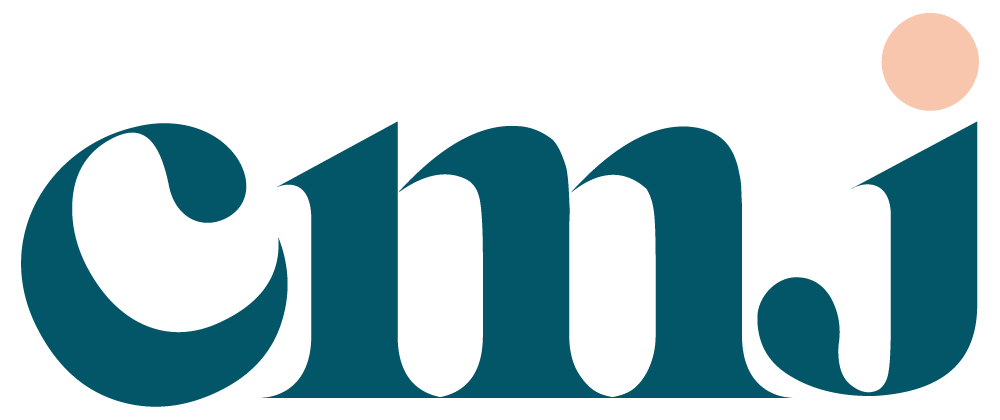A Step-by-Step Guide to Taking Time Off as a Community Manager (+ a Free Resource!)
Note: This post originally appeared in the Gather Community Consulting Newsletter.
We are now entering what I've come to think of as prime "burnout season." Over the last few years, I've observed countless community builders grow exhausted and overwhelmed during the summer months.
The days are long. Our colleagues are out of the office, and we tend to get roadblocked. We may crunch in more work than normal to prep for a vacation. We may RSVP to more events than usual.
If you wanted to, you could keep going from dawn till dusk.
Since my own (second) major bout of burnout in 2014, I now take at least a full seven days away from work and the Internet each year. My next planned time off is coming up on July 28. I treat it as a creative reset. It's during my past time away that I've found inspiration to re-envision business cases, apply to grad school, and write short stories. The point is not to be productive, but it always ends up that way when I return.
This week, I want to share my playbook for taking time off. I know it can serve you during this busy time of year.
If you wanted to, you could keep going from dawn till dusk.
Here's the checklist I use each year before I take time off. Plus, I created a Google Sheets version for you to copy.
4 weeks+ before leaving:
Look at existing projects' Gantt charts and add in my time off to see how it will impact plans (I use a tool called Instagantt + Asana for all my projects)
Email clients or colleagues 4 weeks in advance to share how my departure will impact project timelines
If needed: ask my team/community who can take over my responsibilities in my absence
Block off the time on my calendar and protect it, including one buffer day when I return
Check all tasks assigned to me during the dates (via Asana) and either complete them early, delegate or postpone them
1 week before leaving:
Prepay any bills I have or assign invoices I need to pay
Create an "out of office" packet that details all my projects, the workflows for the tasks I do inside of them, and who I can delegate to
If any meetings are happening while I'm gone, I try to pre-fill in notes and send to the meeting leader with my updates
The day before vacation:
Put on out of office message, including a point person
Publicly share with my community when I will return and who their point person is
Block the day I return so no one can schedule meetings with me on that day. That time is golden! Be kind to future-you now.
When you return, never jump right back into the work. Instead, take a few moments to write down any creative realizations you had while you were away.
Your return is an opportunity to come back with a blank slate. I do the following:
Write down any creative realizations instead of jumping right back into the day-to-day status quo
Check email the first half of my day, not responding to anything until I have cleared the clutter
Archive as many messages as possible
Unsubscribe from any mailing lists I didn't realize I was on
Check-in mid-morning with my team
Prioritize what's on my plate and responding to emails
And because I love a good spreadsheet, here is a Google Sheet Time Off To-Do List template you can copy for your own time off this summer.
I hope you get plenty of time to rest and relax this summer. You deserve it.
Shoutouts
In my last newsletter, I wrote about the enormous hidden toll of context switching. You can read that newsletter here. I heard from a few of you that this has been a particular challenge.
One reader, who manages a team at one of the largest community platforms in the world, shared this piece of advice: "I think my biggest hack has been to carve out dedicated work time for big tasks and tune out distractions. Prioritization and focus are the top issues I have to coach my team around. Talented, passionate people can still underperform because they get pulled in too many different directions."



